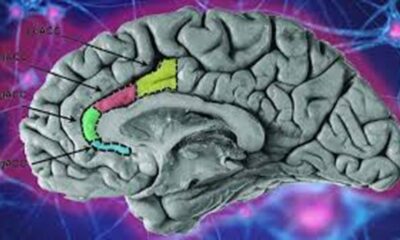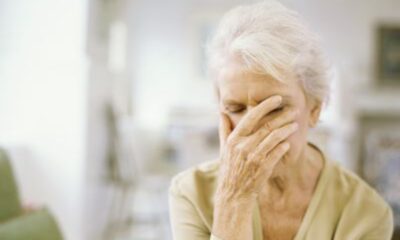Recognizing Treatment-Resistant Depression
Millions of people worldwide suffer with treatment-resistant depression (TRD), a complicated and difficult illness. It describes depressions that are resistant to conventional therapies such as psychotherapy and medications. It is essential to comprehend TRD in order to treat and recover effectively.
Understanding the Symptoms of TRD
Recognizing the symptoms of depression that do not go away after treatment is a necessary step in diagnosing TRD. Prolonged melancholy, disinterest in activities, exhaustion, and adjustments to sleep or eating are some symptoms.
The Value of Precise Diagnosis
Correct diagnosis is essential for TRD management. It entails determining whether the patient’s medical history is known, evaluating the efficacy of existing therapies, and ruling out other illnesses that may mirror depression.
Examining Medicinal Interventions
Investigating alternate pharmacological therapies is essential for TRD patients. This could include novel drugs like ketamine-based therapy, combination therapies, or other kinds of antidepressants.
Methods of Psychotherapy
The mainstay of treatment for TRD continues to be psychotherapy. Different forms of therapy, such as dialectical behavior therapy (DBT) and cognitive-behavioral therapy (CBT), can be very successful when customized to meet the needs of each patient.
The Impact of Modified Lifestyles
Modifications in lifestyle might have a big impact on TRD management. A good diet, regular exercise, enough sleep, and stress reduction methods can support conventional therapies.
Alternative and Additional Medical Practices
Acupuncture, yoga, and meditation are examples of complementary therapies that have demonstrated promise in treating TRD symptoms. They can be useful supplements to traditional therapies, but they shouldn’t be used in place of them.
The Potential of Therapies Based on Brain Stimulation
For patients with TRD, brain stimulation therapies such as deep brain stimulation (DBS), transcranial magnetic stimulation (TMS), and electroconvulsive therapy (ECT) provide hope, especially when other treatments have failed.
The Value of Having a Support Connection
A robust support network is essential for people with TRD. The effectiveness of treatment and mental health can be improved with the help of support groups, family engagement, and honest communication with medical professionals.
Handling the TRD Challenges
TRD obstacles must be overcome with patience, perseverance, and an openness to trying different strategies. To choose the best course of treatment, patients and healthcare providers should collaborate closely.
The Prospects for TRD Therapies
New therapies and methods are always being investigated as part of the continuing research into TRD. Keeping up with the most recent advancements might give individuals dealing with this illness hope and more choices.
Changing one’s lifestyle, investigating different therapy options, and developing a solid support system are all necessary steps on the path to conquering treatment-resistant depression. It is feasible to control symptoms and enhance quality of life with the appropriate strategy.

 Diabetology2 weeks ago
Diabetology2 weeks ago
 Diabetology2 weeks ago
Diabetology2 weeks ago
 Diabetology1 week ago
Diabetology1 week ago
 Diabetology3 days ago
Diabetology3 days ago















